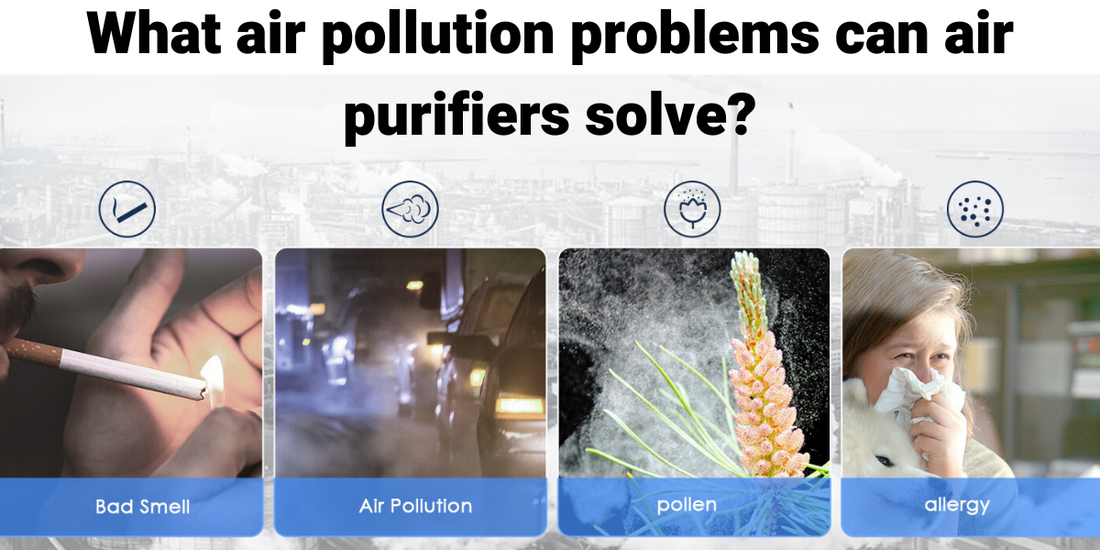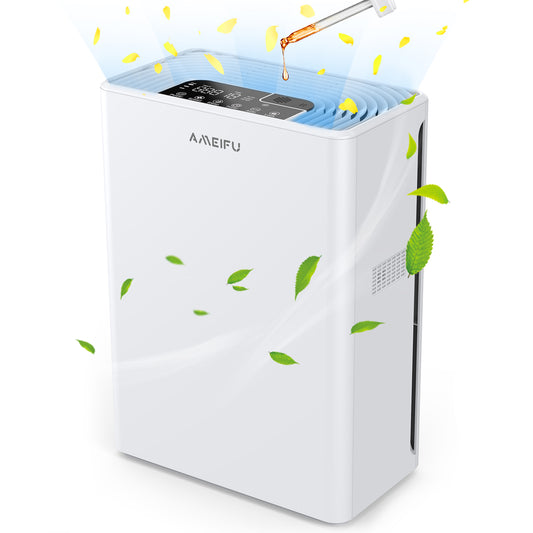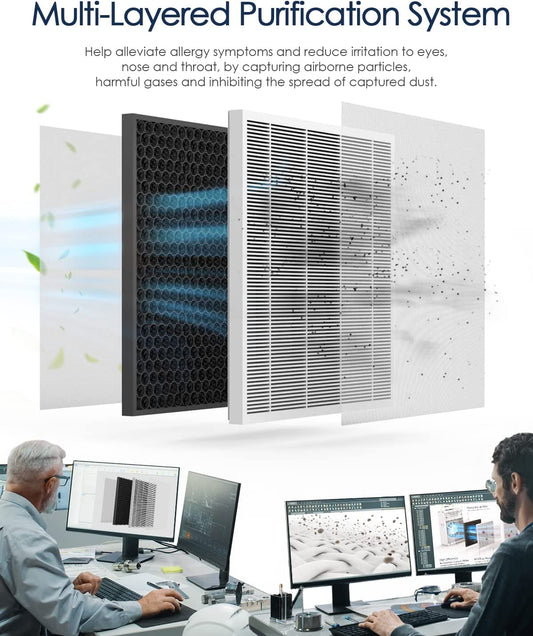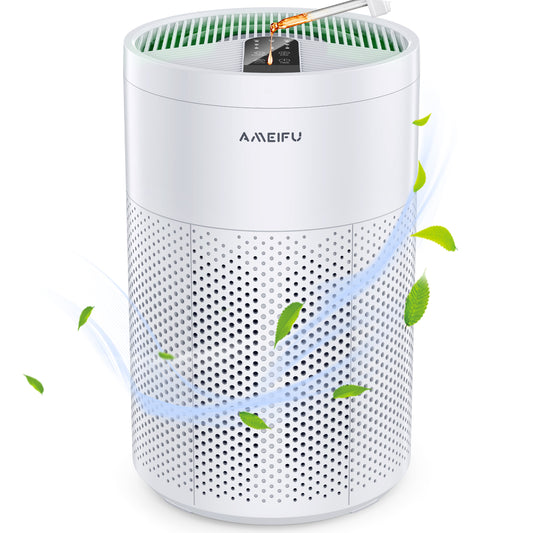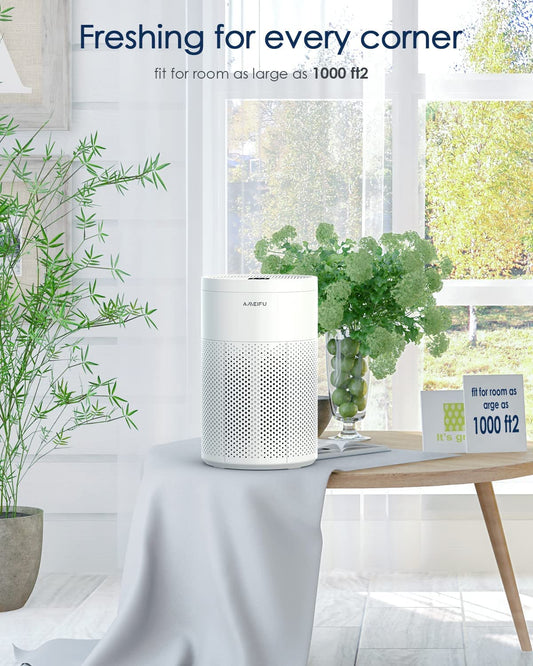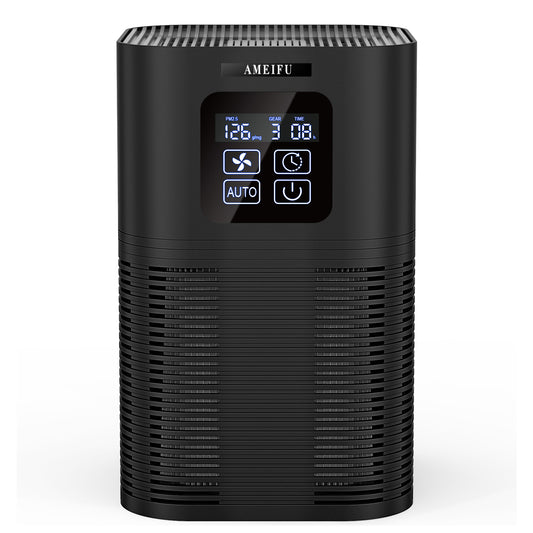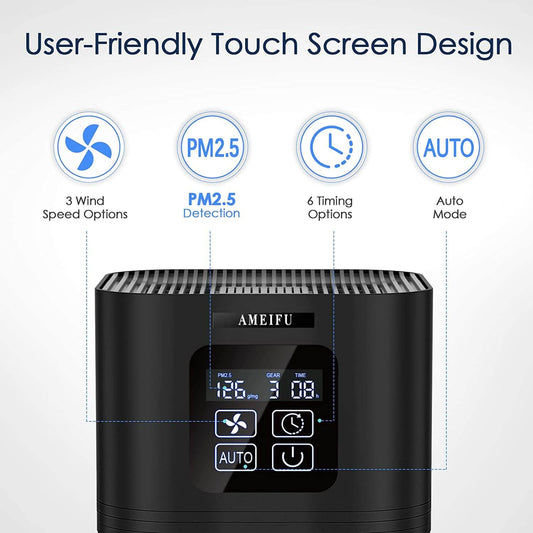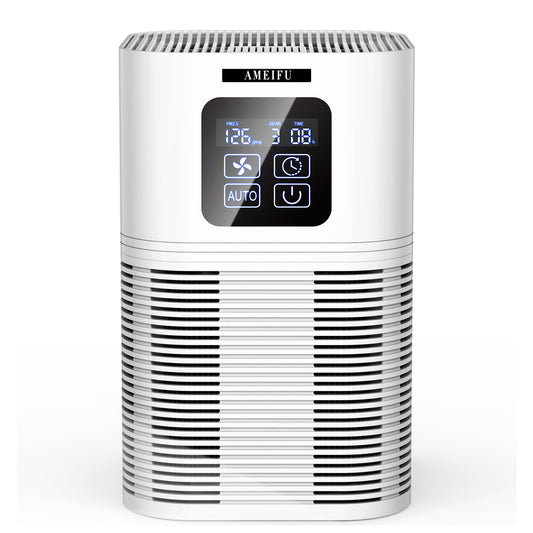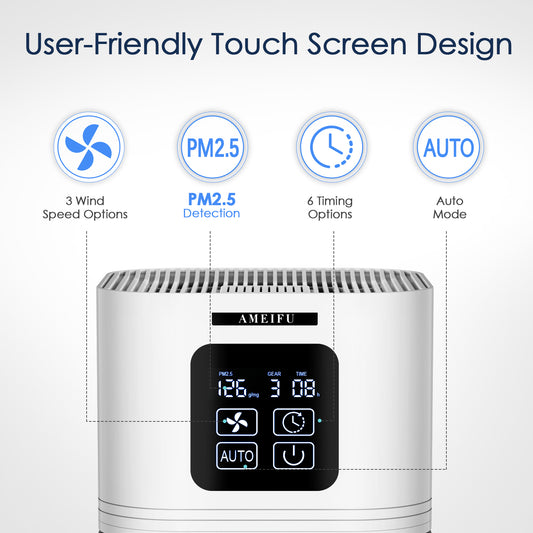Air pollution has become a growing concern in many parts of the world, negatively impacting our health and well-being. As we spend a significant amount of time indoors, it's essential to address the air quality issues within our homes and workplaces. Air purifiers have emerged as an effective solution to combat indoor air pollution. In this article, we will explore the various air pollution problems that air purifiers can help alleviate, providing a comprehensive understanding of their benefits.
1. Removing Particulate Matter (PM)
Particulate matter refers to tiny particles suspended in the air, such as dust, pollen, pet dander, and smoke. These particles can be detrimental to our health, particularly for individuals with respiratory conditions or allergies. Air purifiers equipped with High Efficiency Particulate Air (HEPA) filters can capture and remove these particles, effectively reducing their presence in the indoor environment and improving air quality.
2. Eliminating Volatile Organic Compounds (VOCs)
Volatile Organic Compounds (VOCs) are harmful gases emitted by various sources such as cleaning products, paints, adhesives, and furniture. Prolonged exposure to VOCs can lead to respiratory issues, headaches, and even long-term health effects. Air purifiers with activated carbon filters can effectively trap and absorb VOCs, helping to create a healthier indoor environment by reducing their concentration.
3. Controlling Odors
Unpleasant odors can significantly impact our comfort and well-being. Air purifiers equipped with activated carbon filters are highly effective in neutralizing and reducing odors caused by cooking, pets, tobacco smoke, and other sources. By eliminating odor particles and harmful gases, these purifiers help to create a more pleasant and inviting living or working environment.
4. Combating Mold and Mildew
Mold and mildew thrive in humid environments and can cause a range of health issues, including allergies, respiratory problems, and skin irritations. Air purifiers equipped with HEPA filters can capture and remove mold spores, preventing their proliferation and reducing the risk of mold-related health issues. By effectively controlling mold and mildew, air purifiers contribute to a healthier indoor environment.
5. Reducing Allergens
Allergens, such as dust mites, pet dander, and pollen, can trigger allergic reactions and respiratory problems in sensitive individuals. Air purifiers with HEPA filters efficiently capture these allergens, reducing their presence in the air and providing relief to allergy sufferers. Regular use of air purifiers can create a healthier environment, especially for those prone to allergies.
6. Minimizing Airborne Bacteria and Viruses
Airborne bacteria and viruses can spread diseases and infections. While air purifiers cannot completely eliminate the risk of contracting illnesses, they can help minimize the presence of airborne pathogens. Some air purifiers use ultraviolet (UV) light technology or other advanced filtration methods to neutralize or capture bacteria and viruses, reducing their potential transmission within enclosed spaces.
7. Reducing Secondhand Smoke
Secondhand smoke is a significant health hazard, containing harmful chemicals and carcinogens that can affect both smokers and nonsmokers. Air purifiers with activated carbon filters and HEPA filters can effectively trap and reduce the presence of smoke particles and odor, making the air cleaner and healthier for everyone in the vicinity.
Conclusion
Air purifiers are valuable tools for improving indoor air quality and addressing various air pollution problems. Whether it's removing particulate matter, eliminating volatile organic compounds, controlling odors, combating mold and mildew, reducing allergens, minimizing airborne bacteria and viruses, or reducing secondhand smoke, air purifiers provide tangible benefits in creating a cleaner and healthier living or working environment.
Prioritize the health of yourself and your loved ones by incorporating an air purifier into your indoor space, and enjoy the benefits of cleaner, fresher air for a healthier and more comfortable living environment.

